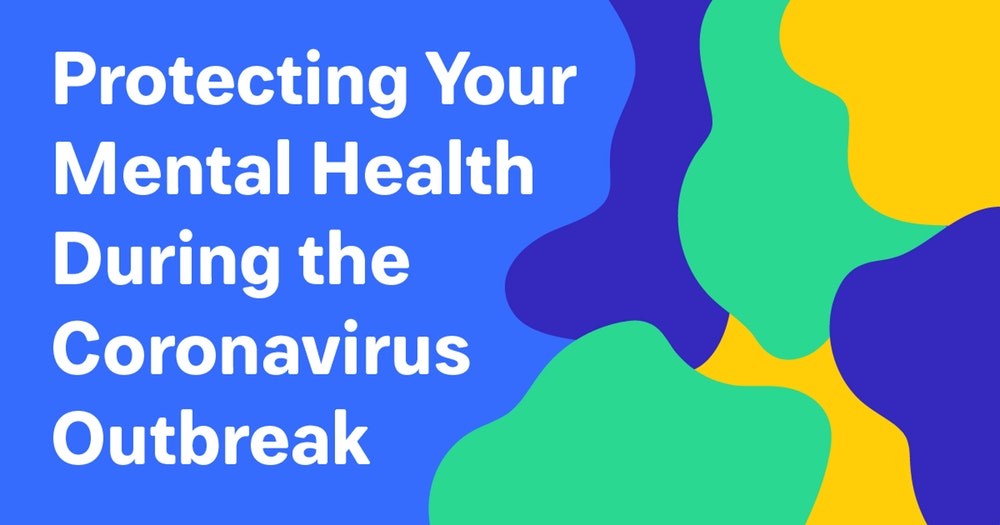
Reports indicate that anxiety and depression are likely to worsen as the coronavirus pandemic continues1. States across the nation are offering mental health services for the community. The pandemic has evoked fear through the stay home mandates, empty grocery store shelves, rigid restrictions observed when entering stores, the closing of businesses, job layoffs, high infection rates, and the inability to socialize. The uncertainty that is heard in voices across the media adds to the stress and worry, especially to those predisposed to depression and anxiety. Obsessive compulsive disorder and psychosis may also be worsened during the COVID crisis because people are going to be compelled to wash their hands more often and maintain clean surfaces. Some people may go without sleep due to excessive worry. Panic attacks may be on the rise and phobias enhanced.
To meet the needs of the community, Borum and Associates, LLC has expanded telehealth services to maintain therapy sessions. Please refer to the Borum and Associates, LLC home page for more information on how to schedule a telehealth session.
The National Alliance on Mental Illness (NAMI) has created a resource and information guide to help the community during this national crisis. NAMI suggests turning to credible sources when seeking information about COVID-19 by using the Centers for Disease Control and Prevention (CDC) and the World Health Organization (WHO).
NAMI also encourages people to:
Avoid constantly watching the news.
Follow healthy daily routines while having to stay at home by making your bed, getting dressed, exercising, taking breaks, practicing good hygiene, eating healthy, and getting enough sleep (but not too much).
Practice mindfulness and meditation to reduce stress, which can be achieved by finding a quiet place and observing your thoughts, while focusing on your breathing. There are several meditation smartphone apps available for free, such as headspace, calm, intimind (Spanish language), and liberate (created by and for people in the Black and African diaspora).
Engage in meaningful activities during your free time such as read, learn something new, journal, take an online course, organize, or make a craft.
Avoid drugs and alcohol.
Stay connected with others by using social media, videoconferencing, calling, texting, and engaging in virtual activities.
Connect with your religious/spiritual community.

Have emergency numbers in an easy-to-access location. National Suicide Prevention Lifeline 1-800-273-8255. NAMI HelpLine 1-800-950-6264 Monday-Friday 10am-6pm EST. Crisis Text Line-text “NAMI” to 741741.
Go to virusanxiety.com to find resources for anxiety and coping skill resources.
Wherever you go, no matter what the weather, always bring your own sunshine. –Anthony J. D’Angelo

